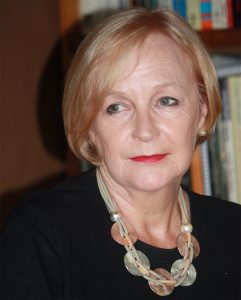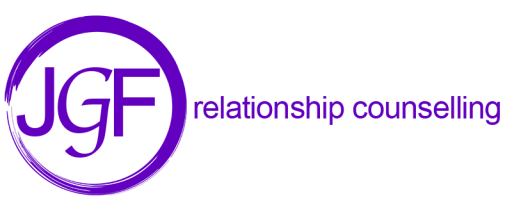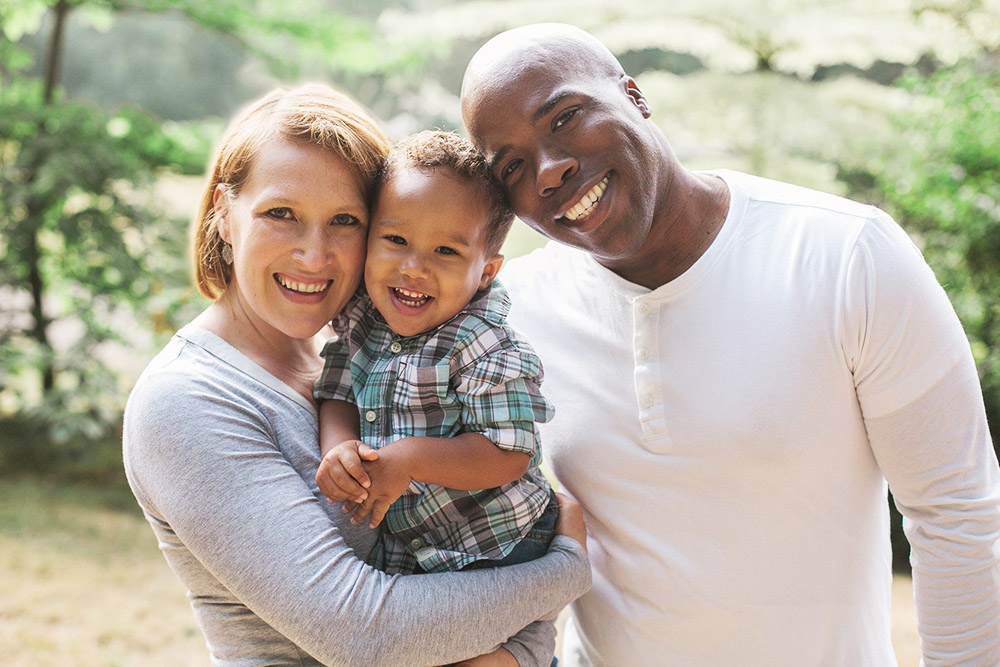JGF Relationship Counselling
Most relationships go through difficult times. Couples can address the issues themselves successfully however sometimes it is helpful to have counselling. Each partner will bring to the relationship a unique set of skills, outlooks and values. Healthy couple relationships consist of teamwork, empathy and respect.
Relationship counselling looks at how you manage the differences that are causing issues in your relationship and helps you to manage them constructively. Relationship counselling can help improve understanding of seemingly incompatible perspectives and facilitate compromise without resentment.
Jennifer helped us explore patterns of behaviour we hadn’t previously recognised which led to a feeling of disconnection. By the end of our sessions we were in a much better place and had the tools to be able to continue to work together on improving our relationship.
IN A MUCH BETTER PLACE
when I came to see Jennifer, I was at the lowest I have ever been, confused upset and traumatised, her help gave me confidence and the ability to listen better, I honestly can’t thank her enough
CAN’T THANK HER ENOUGH
We highly recommend Jennifer as a relationship counsellor as she encouraged us to openly discuss our issues in a supportive, compassionate environment.
ENCOURAGED US TO OPENLY DISCUSS OUR ISSUES
She is the consummate listener, extremely professional and when she needs to be direct she is in an incisive and calm manner.
Any couple prepared to let some rays of light into their relationship and also themselves then I could not recommend anyone more highly than Jennifer
EXTREMELY PROFESSIONAL
your help got us to a really stable, healthy place
A HEALTHY PLACE
we are both very happy together and things have certainly changed and are better than ever
WE ARE BETTER THAN EVER
I really appreciated your time and your listening. It helped so much just talking to you. I felt a lot lighter in myself
IT HELPED SO MUCH
thank you for your skills that you have used on such a testing couple!! and for making us feel comfortable to be open and honest with you. You do an excellent job
THANK YOU FOR YOUR SKILLS
your wisdom, patience and empathy has helped us on our pathway
WISDOM, PATIENCE AND EMPATHY
Jennifer helped us to get over a difficult time and to develop ways of making things better in the future.
She gave us tools to communicate and we learned things about ourselves and each other
SHE GAVE US TOOLS TO COMMUNICATE

Jennifer Futter - JGF Relationship Counselling
Who Am I ?
I am a relationship counsellor who has worked for Relate with couples and individuals for sixteen years. I am genuine, warm and empathic. I am passionate about helping others communicate better.
-
MA (Distinction) UCLAN (2009) Graduate Certificate
-
Foundation in Couple Counselling (2007) Relate Lancashire, University of East London
At present I am offering counselling via Zoom webcam.
What I do
I work collaboratively with you, helping identify your goals and how you can achieve them. Helping you find effective responses to the problems experienced within your relationship.
What is Relationship Counselling?
Relationship counselling is the process of strengthening partners’ communications, fostering learning about yourselves and each other. It prompts understanding of the workings of your relationship and the linking between past experiences and current behaviours. It aids couple negotiation and to agree to changes in behaviour.
First Session
Let’s assume you have taken the first step in searching for relationship counselling, the start of your journey. The first session is to determine if couple counselling is the right therapy for you, at the right time for you. It is a stand-alone session which allows you the time and opportunity to consider if ongoing counselling is what you want. When couples first attend counselling, they can be very anxious. Sometimes only one partner wants to attend and the other is a reluctant participant. I recognise these anxieties and reluctance to air concerns in a counselling room to a stranger. I will work through this with you and I strive to maintain a stance of positive neutrality looking at the perspective you bring into the room. Many couples expect me to have all the answers for their relationship problems. My goal is to empower you to make the positive choices and help you find your own path which is unique to you and to facilitate couple communication and nurture capacity for self-help.
Ongoing Sessions
If you choose to continue, we will make a verbal contract for a set number of sessions and for how long you wish to attend. This is not written in stone and can be reviewed at the end of each session. Sometimes you will be given homework. It is important that you continue to communicate between sessions to practice the new skills which you have learnt.
Ending
When we reach the agreed ending of our sessions, you will probably be in a very different place from where you started. Whether you decide to part or stay together is your decision. From my years of experience most couples find a new healthy and happy way of being with each other. I know and believe that relationship counselling can change lives positively for couples and families.
Ready to make a difference?
LET'S TALK
Choosing to attend counselling can be an anxiety provoking decision. Typically, there are fears of being judged or that the counsellor will ‘take sides’. If you attend a stand-alone assessment session your concerns can be discussed enabling you to make a better-informed decision to continue with the counselling process or not.
You can choose to attend sessions by yourself or with your partner. During an agreed number of sessions, we will look at the concerns that have brought you to relationship counselling. Exploring the impact of past experience on the relationship and consider the appropriate changes you may need to make in order to improve your relationship. Helping you to look forward to a better future not only for yourselves but also your family.
AFFAIRS
COMMUNICATION
SELF-ESTEEM
SEXUAL INTIMACY
AFFAIRS
It is devastating to discover your partner has had an affair. Loss of trust shatters lives. Feelings of anger, betrayal, desperation, self-doubt add to a sense of hopelessness. Couples can re-build their relationship after an affair. Affairs are a symptom of a relationship breakdown rather than the cause. I wIll help you make sense of the affair by looking at the context which surrounded it. Affairs can be a new beginning for a relationship which needs to change.
COMMUNICATION
We all have a unique lens and filter which influences how we experience our relationship. Partners become entrenched in their own perspective. Sometimes when listening to the re-telling of an argument in a session, the details differ so widely, I question if it is the same argument that is being talked about. I look at where these thoughts and beliefs have originated. This helps you to understand why you think and act in a particular manner. It also enables your partner to understand you better. If you can change your thought patterns you can change your life.
SELF-ESTEEM
If you do not love yourself, it is almost impossible to love another. Self-esteem helps to nurture couple esteem. We all experience difficult times in our lives. Some of which are bereavement, health problems, financial issues or currently COVID 19. This can put a strain on our relationship and impact on our self-esteem. You may have sought help in addressing low self-esteem with individual therapy or medical intervention. Through this process you may have come to realise that your relationship needs attention. I can help you as couple to understand what impact these issues have had on your relationship, how you can support each other.
SEXUAL INTIMACY
Sexual intimacy evolves over time due to changing developmental stages. Sexual styles are unique as each person in a relationship. Often couples attend sessions with ‘lack of’ or ‘too much’ sex being their ‘partner’s’ problem. They come to a session to address their sexual mismatch because they are unable to communicate their needs to each other. What happened spontaneously in the past has changed. Sexual intimacy requires attention and effort. I help open up this conversation. Sex is a form of communication unique to a couple relationship.



